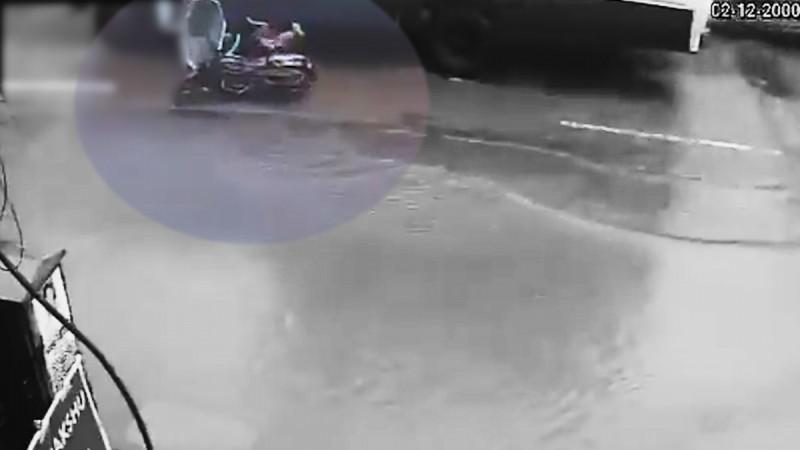
Terror attacks, especially in the northern state of Jammu and Kashmir claim lives on a regular basis, but it seems commuters on the roads in India face a more deadly threat - potholes. As per the latest figures released by several state governments, potholes have killed 3,597 people all over the country as compared to the 803 killed in terror attacks in 2017, Times of India reported.
While most metro cities have been known for their bad public infrastructure and lax road policies, the news may force them to sit up and take notice. With an average of 10 deaths a day in the past year - over 50 percent more deaths than in 2016 - is a shocking number that should induce action. Especially when one takes into account the fact that the 803 terrorist-related deaths also include attacks by Naxals.

Yogi Adithyanath's Uttar Pradesh leads the results, having recorded 987 pothole-related deaths. And Maharashtra stands tall, with 726 deaths, the second-most in the country. As if this year's floods and deaths weren't enough for the Fadnavis government, the figures are a grim reminder of the casual approach of governing bodies responsible for the tax-payer's safety while using basic public infrastructure like roads.
Interestingly, both Haryana and Gujarat also make it to the top of the list. Haryana was not at the fore in pothole-related deaths in 2016, but the following year, 522 deaths were reported in the state. Meanwhile, Delhi had eight incidents of pothole-related deaths in 2017.
People killed on under-construction roads also increased, from 3,878 in 2016 to 4,250 last year.
While two-wheeler riders are regularly seen zipping through the streets without helmets, that alone is not a cause for the sharp increase in the number of deaths. A combination of bad infrastructure, lack of road discipline, lax in enforcing the rules and poor road policies are all to blame.
A good example of the failure of the government is Tamil Nadu, where, in 2017, the government introduced a mandatory helmet policy. By the end of 2017 however, that policy was informally scrapped after the issue of tens of thousands of fines all over the state, but to no avail, as most riders went about their business without helmets.
Union Road Ministry officials have been attempting to introduce a provision for a fine for officials in the Motor Vehicles Amendment Bill, but it has been stuck in the Parliment due to frequent disruptions.
The amendment would hold officials responsible for poor road designs, poor maintenance, and negligence in fixing problems.








